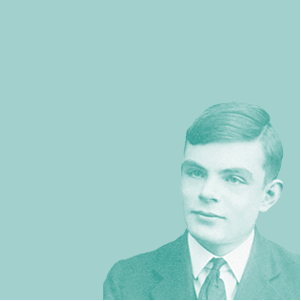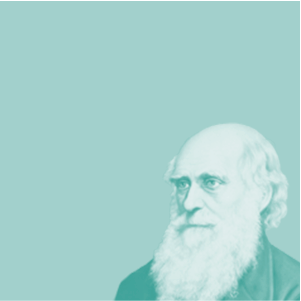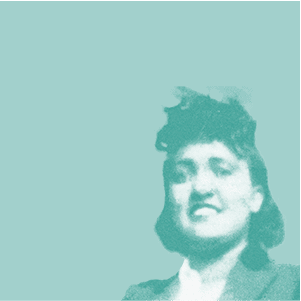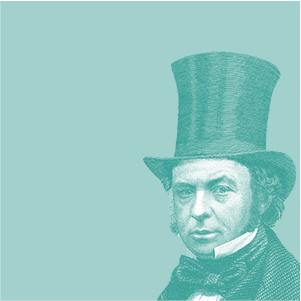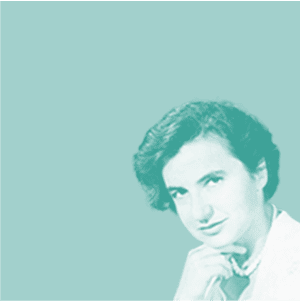Michael Faraday
22 September 1791 – 25 August 1867
Michael Faraday FRS FRCOG was an English physicist and chemist known for his contributions to the study of electromagnetism and electrochemistry. Among his biggest breakthroughs was his invention of the electric motor.
Born in south London, Faraday received little formal education but his natural curiosity drove him to educate himself by reading books on a wide range of scientific subjects. He eventually gained a position as a chemical assistant at the Royal Institution where he helped scientists with their experiments and began researching his own projects.
Faraday published his work on electromagnetic rotation, the principle behind the electric motor, in 1821 and in 1831, he went on to discover electromagnetic induction, the principle behind the electric transformer and generator. This discovery was crucial in allowing electricity to be transformed from a curiosity into a powerful new technology.
Faraday also discovered benzene, invented a forerunner to the Bunsen burner and popularised terminology such as 'electrode', 'cathode' and 'ion'. He even gave his name to the 'farad', originally describing a unit of electrical charge but later a unit of electrical capacitance.
Faraday was a great experimentalist and practical inventor and is widely regarded as one of the most influential scientists in history.

